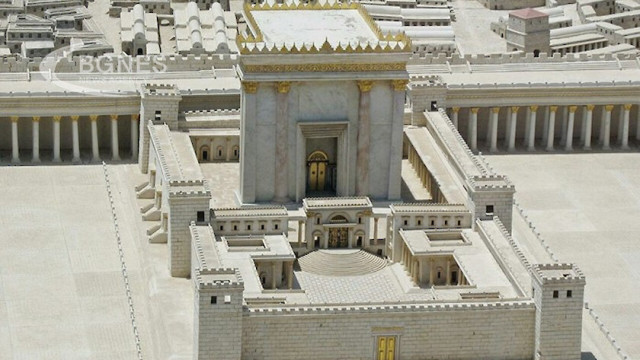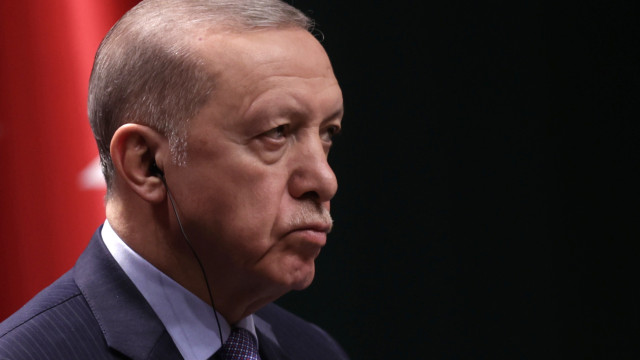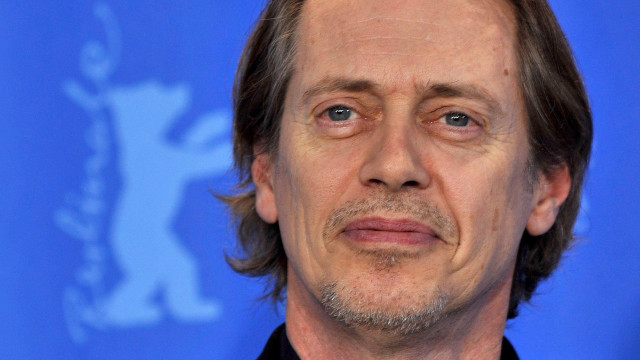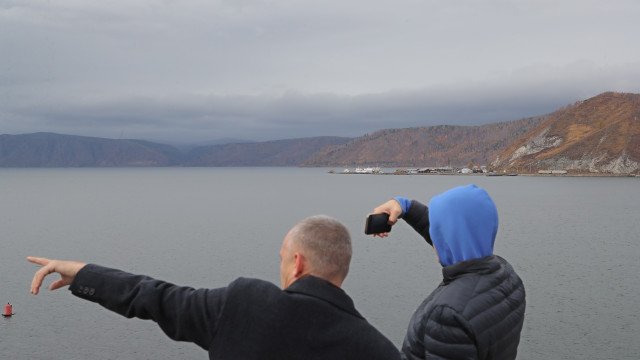On the picture: Reconstruction of the Second Temple and is in the History Museum, Jerusalem.
Holy Monday
Holy Week - last days of the earthly life of the Lord Jesus Christ.
Gospel of Matthew 21: 18 – 22
Gospel of Mark 11: 25 – 26
THE BARREN FIG TREE
And in the morning, returning to the city, he became hungry: and he saw a fig tree by the road, he went to it and, finding nothing but leaves, said to it: henceforth there should be no more fruit forever. And the fig immediately withered. When the disciples saw this, they were amazed and said: how is it that the fig tree immediately withered? And Jesus answered them: I tell you the truth: if you have faith and do not doubt, not only what was done with the fig tree, but also if you say to this mountain: be lifted up and thrown into the sea, it will be done, and whatever you ask in prayer in faith you will receive. And when you pray, forgive if you have anything against anyone, so that your Heavenly Father may also forgive you your trespasses. For if you do not forgive, neither will your Heavenly Father forgive your trespasses.
Prayer is the highest manifestation of our freedom and access to Him, since communication with Him can be at any time, and the place of our mutual communication is our heart. In our prayer, we do not tell the unknowing about our anxiety, but we ask help for it from the Knowing. And this is expressed the great difference between sharing and asking parents, friends, relatives on the one hand and praying to our Lord God on the other. The Orthodox Christian, in addition to the Lord, also prays to the Holy Mother of God and to men and women who have shone in their holiness. Prayer is also knowledge because through it we become aware of the fact that God is involved in everything that happens in our lives. It is a kind of continuous dialogue with God because through it we not only turn to Him for help and support but also receive an answer that is always timely and tailored to our needs so that it contributes to our salvation. God's support and help fill us with prayers of thanksgiving. By bowing before the icon and kissing it during our prayer, in addition to our spirit, our body also participates. One of the most widely used prayers that we say every day, either in our mind or out loud, is the Jesus Prayer: "Lord, Jesus Christ, Son of God, have mercy on me, a sinner." This form of prayer was bequeathed to us by Hesychasm (from . ήσυχια peace, silence, solitude), a teaching which theologians call "the heart of Orthodoxy". In our lands in the 14th century, it became widespread through the work of St. Gregory the Sinaite, who, with the support of Tsar Ivan-Alexander, organized a monastic dormitory in Strandzha mountain. Hesychasts were our clergy-leaders from the end of the Second Bulgarian Kingdom, St. Theodosius of Turnovsky, St. Romil of Vidinsky, St. Patriarch Euthymius of Turnovsky, St. Metropolitan Cyprian of Kiev. The Jesus prayer is also called the "smart prayer", because its constant repetition leads the person praying to a state of balance between the mind and the heart, the so-called mind-sight in which one can see the Divine Light. Theologians arrange the prayers as follows: 1. beseeching (supplicating), thanksgiving and glorifying; 2. internal (pronounced mentally) and external (pronounced aloud); 3. personal (private) and public (public). For the various occasions in our life, our Orthodox Church has collected the prayers in a book called Prayer Book.
Gospel of Mark 11: 15 – 19
EXPULSION OF THE MERCHANTS FROM THE TEMPLE
They came to Jerusalem. Jesus, entering the Temple, began to chase the sellers and buyers in it; and he overturned the tables of the seraphs and the benches of the dove-sellers, and would not allow anyone to carry any vessel through the Temple. And he taught them, saying: Is it not written: "His house shall be called a house of prayer for all nations"? And you have made it a den of robbers. The scribes and chief priests heard this and looked to destroy Him, because they were afraid of Him, since all the people were amazed at His teaching. And when it was dark, He went out of the city. /BGNES
----------------------
Sonia Zafirova, philosopher. The text, which was specially provided to BGNES, is part of the book "Christ's light enlightens all", which is about to be published.







